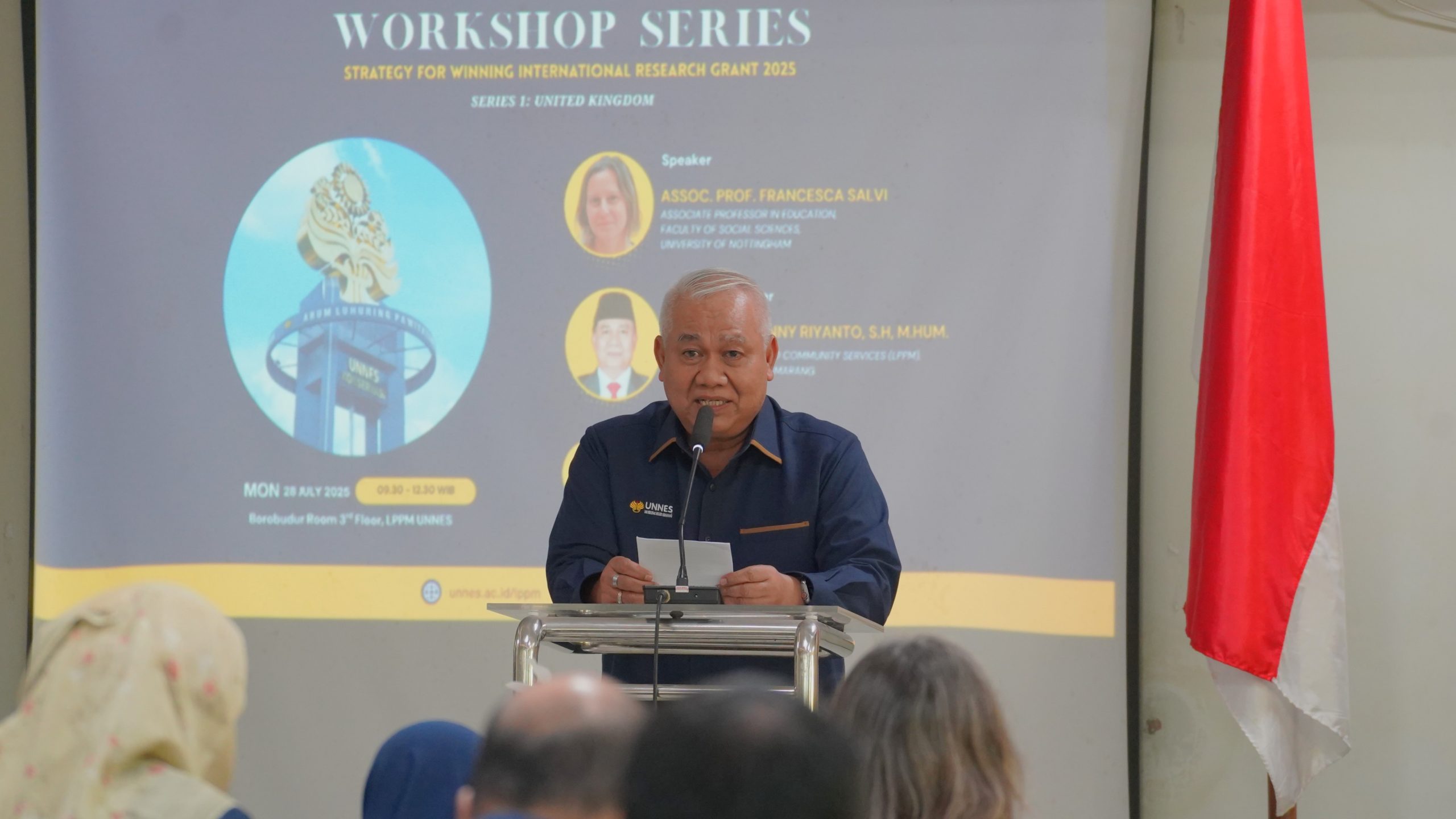Sekarang media terlalu banyak mengabarkan hal-hal buruk. Misalnya kasus korupsi, kriminalitas, dan kemiskinan. Hal itu menggambarkan seakan-akan negara ini penuh dengan masalah dan kekurangan, tanpa diimbangi berita yang mencerahkan.
Pernyataan tersebut dikemukakan Triyono Lukmantoro, dosen Ilmu Komunikasi Undip dalam Pendidikan Jurnalistik Dasar 2011 yang diselenggarakan oleh Badan Penerbitan dan Pers Mahasiswa (BP2M) Sabtu dan Minggu (12-13/11) di gedung C7 Fakultas Ilmu Sosial (FIS) Unnes.
Menurutnya, berita merupakan sebuah fakta, namun tak semua fakta harus diberitakan. Media sekarang telah terhegemoni oleh kelompok yang berkepentingan, sehingga hanya mengejar sensasi dan menuruti pasar. “Seringnya media televisi menampilkan adegan kekerasan menyebabkan trauma dan efek buruk, terutama bagi anak di bawah umur,” tandasnya.
Acara yang bertemakan “Critical Opinion Through a Responsible Citizen Journalism” tersebut diikuti tak kurang dari 100 mahasiswa dari berbagai jurusan di Unnes. Selain Lukmantoro, hadir sebagai pemateri lain adalah wartawan Kompas Sonya Hellen S, wartawan foto biro Kompas Jateng Raditya Mahendra, ketua Aliansi Jurnalis Independen (AJI) Semarang Renjani Puspo Sari, wartawan Indosiar Agus Hermanto, dan Aulia Muhammad, blogger dan mantan Pimpinan Redaksi Suara Merdeka Cyber.
Renjani Puspo Sari menyatakan jika pesan yang disampaikan media hanya bertujuan untuk mengejar rating, tanpa disadari kita ikut berperan membentuk mentalitas pembaca.”Laporan yang masuk ke Dewan Pers kebanyakan mengenai berita yang tidak berimbang, berpihak, tidak ada verifikasi, menghakimi, dan mencapurkan fakta dan opini,” kata wanita yang pernah bekerja di kantor berita Reuters itu.
Dia menambahkan, data yang tidak akurat, keterangan sumber berdeda dengan yang dikutip dalam berita, sumber berita tidak kredibel, berita mengandung kekerasan, sadisme, dan pornografi, masih banyak dilaporkan masyarakat korban media.
Raditya Mahendra dari biro Kompas Jateng pada kesempatan itu menjelaskan tentang dasar-dasar jurnalistik. “Hal terpenting dalam menulis berita adalah bahwa berita ditulis untuk orang lain, harus sederhana, jelas, ringkas, runtut, dan mudah dimengerti,” katanya.
Acara pelatihan yang berlangsung dua hari itu juga dimeriahkan dengan pameran seni dan bazar buku.


setuju sekali dengan pendapat pak Triyono Lukmantoro… kita jenuh selama ini sering disuguhi dg berita-2 yang negatif dan tendensius pada kelompok tertentu…
betul…
seakan2 negara ini tidak ada benarnya sama sekali..
secara sadar atau tdk sadar, berita yang buruk akan meracuni dan membuat otak kita berpresepsi buruk dan membuat motivasi berkembang kita menjadi kendor…
AYO INDONESIA BISA!!!
semakin hari,semakin jaya ko..
banyak aspek yg meningkat lebih baik ko..